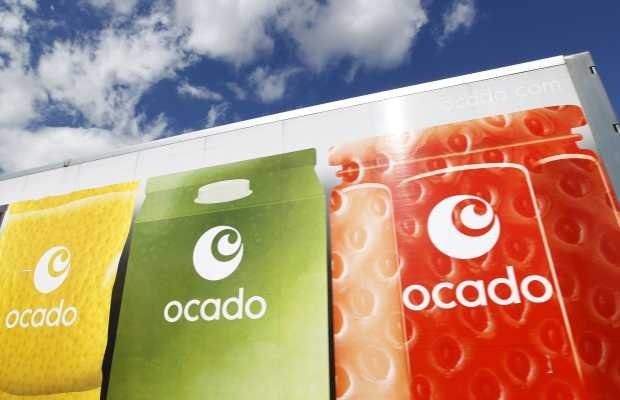Ocado blames ‘macro economic and political headwinds’ for a drop in sales and widening losses of £500m

Online grocer Ocado has reported a 3.8 per cent fall in sales, claiming its business model has been “tested” in 2022.
In its results for the full year year, Ocado posted retail revenues of £2.20bn, down from £2.28bn the previous year.
The firm also posted a harrowing loss before tax of £501m for 2022 up from £176m the prior year.
Overall group revenue lay broadly flat up at £2.51bn, up 0.6 per cent from £2.48bn in 2021.
Despite this, Ocado saw logistics revenues soar 13 per cent to £802m – bolstered by 12 sites opened globally.
This included three sites for its Zoom offering, which rivals Deliveroo in shipping grocery items in under an hour, and nine customer fulfilment centres.
The group, which merged with Marks and Spencer in 2020, said that is also poised to open six new centres this year and is eying an expansion in Australia through the grocery store Coles.
“Over the last year every company has had its business model tested by a combination of macro-economic and geopolitical headwinds, and I am pleased that, thanks to the creativity and commitment of my colleagues, we have more confidence in our model than ever before,” said Tim Steiner, chief executive officer of Ocado Group.
Joshua Warner, City Index Market analyst added: “‘Ocado’s results for 2022 fell short of expectations. Revenue barely grew as a drop in sales at its grocery venture with Marks & Spencer Group offset growth from its Solutions business that provides its automation and warehouse technology to other companies.
“The adjusted Ebitda loss is also disappointing considering Ocado had hoped to breakeven. Profits were wiped out from the grocery business as it slipped into the red and its international solutions arm continues to report large losses. The losses from the grocery business stem from rising costs and softer demand.”